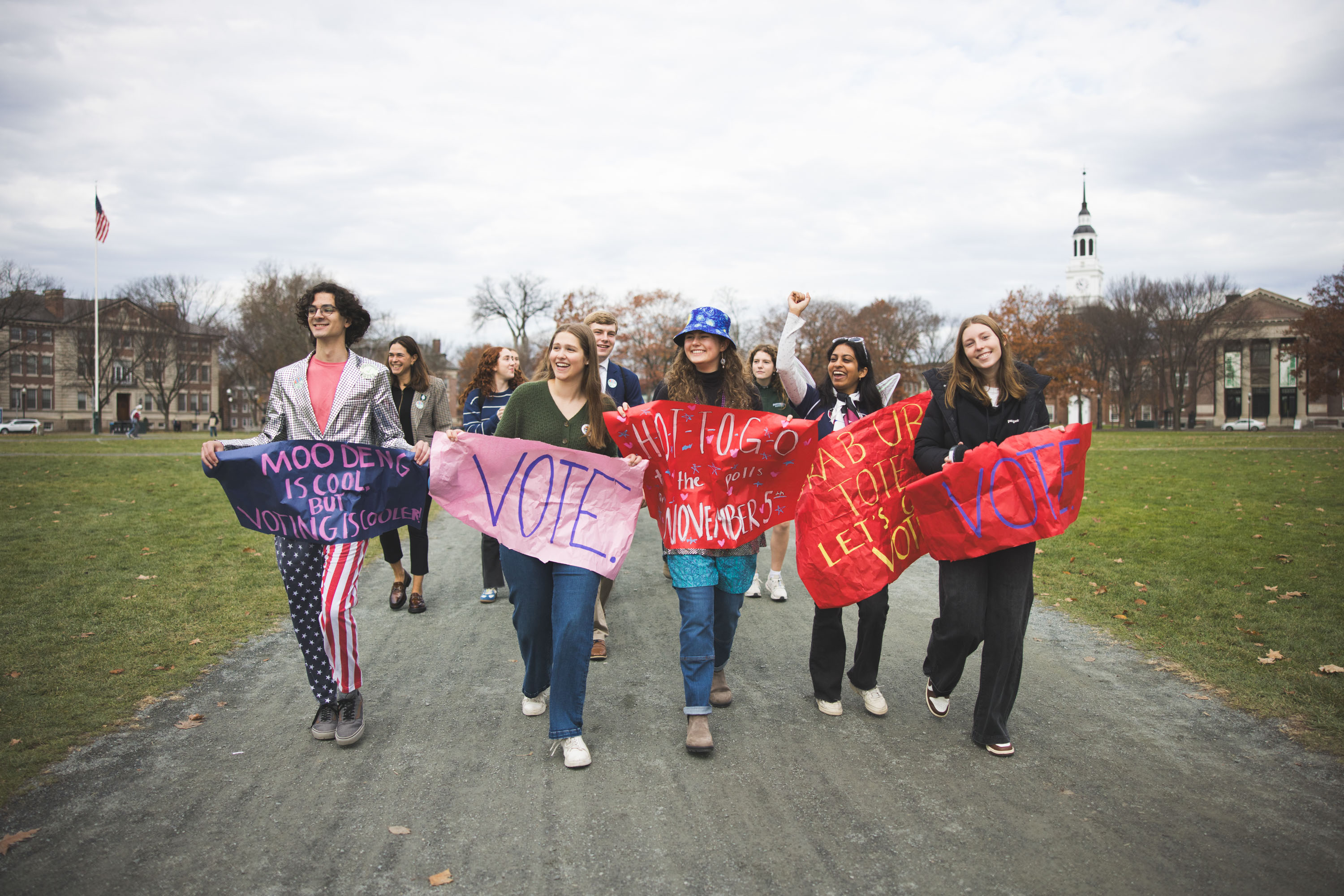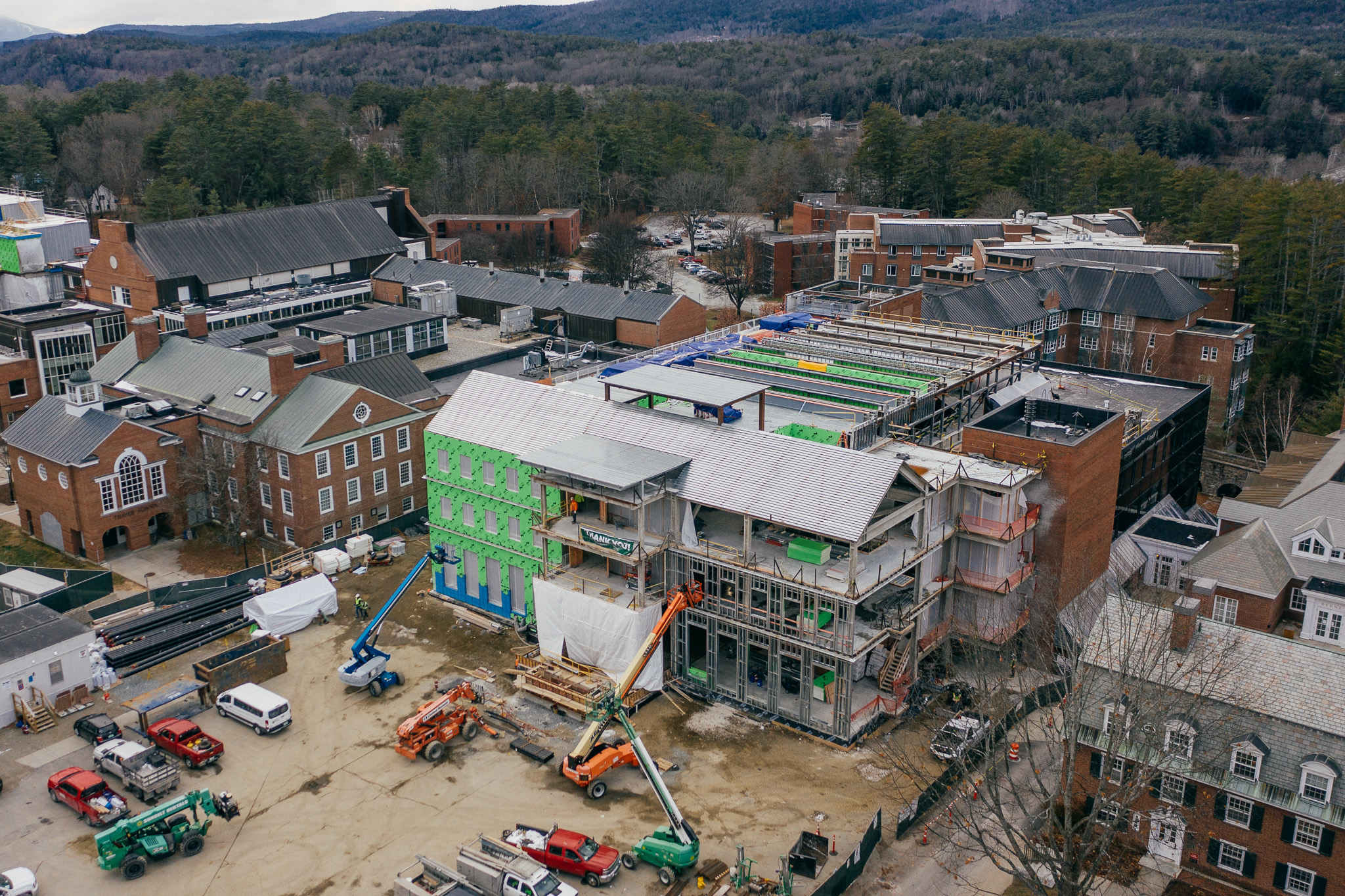Dartmouth is a vital economic engine for New Hampshire and the Upper Valley region—driving job creation, supporting local economic growth, and opening pathways to upward socioeconomic mobility for students and their families.
The proposed endowment tax increase threatens our ability to provide financial aid, fuel research, and invest in the regional economy. Under the proposal in the House of Representatives, Dartmouth’s tax rate would likely jump from 1.4% to 21%.
Nearly $2.2 billion of our endowment supports financial aid, making Dartmouth the most affordable college option for families earning up to $125,000. This tax would put that access at risk.
It would also undercut life-saving research—already underfunded by federal grants—with nearly 40% of our endowment, or $3.3 billion, dedicated to academic research. And it would delay or derail major infrastructure projects like housing and our energy transition, stalling job growth and regional development.
We will continue to advocate forcefully against this proposal to protect access for students from lower and middle-income backgrounds, and the critical work our endowment makes possible.
Dartmouth Endowment & Infrastructure
About 25% of Dartmouth’s endowment- $2.1 billion- goes towards infrastructure and other capital initiatives, which is a substantial source of jobs and other economic activity for Northern New Enlgand.
Dartmouth is currently undergoing a major infrastructure campaign on campus - largely funded by its endowment. A significant endowment tax increase would likely mean the school would need to slow or halt some of these projects, resulting in fewer jobs and less economic growth for the community.
- Together Dartmouth and Dartmouth Health, our partner medical center, are one of the largest employers in New Hampshire with nearly 20K employees.
- By itself, Dartmouth has more than $500 million in payroll.
- Dartmouth contributes more than $8 million in taxes to the town of Hanover NH, the largest taxpayer in town.
- Dartmouth faculty and staff have incubated more than 30 companies from Dartmouth discoveries, resulting in more than 350 jobs for the local, rural economy.



